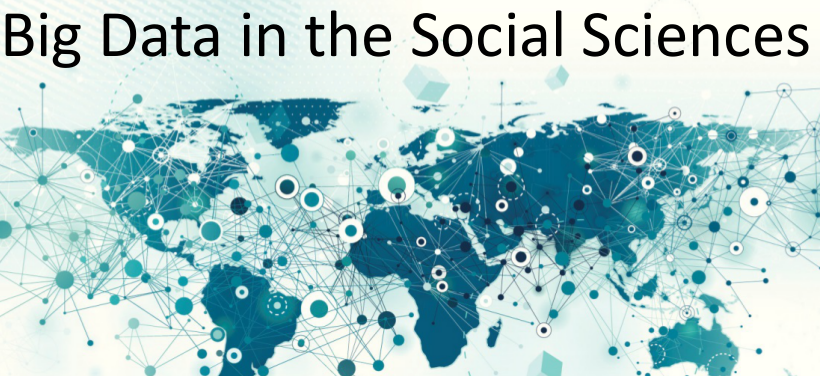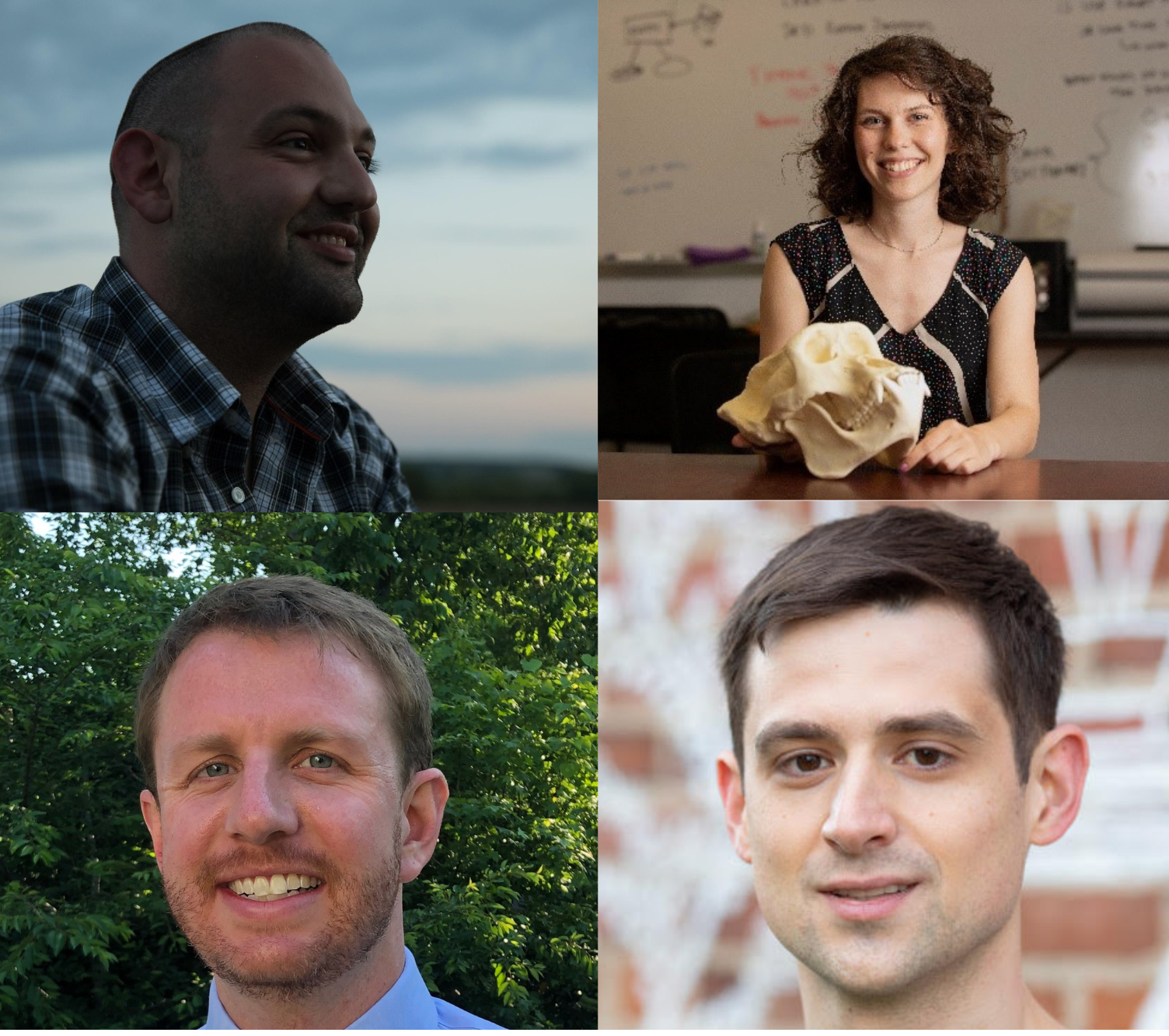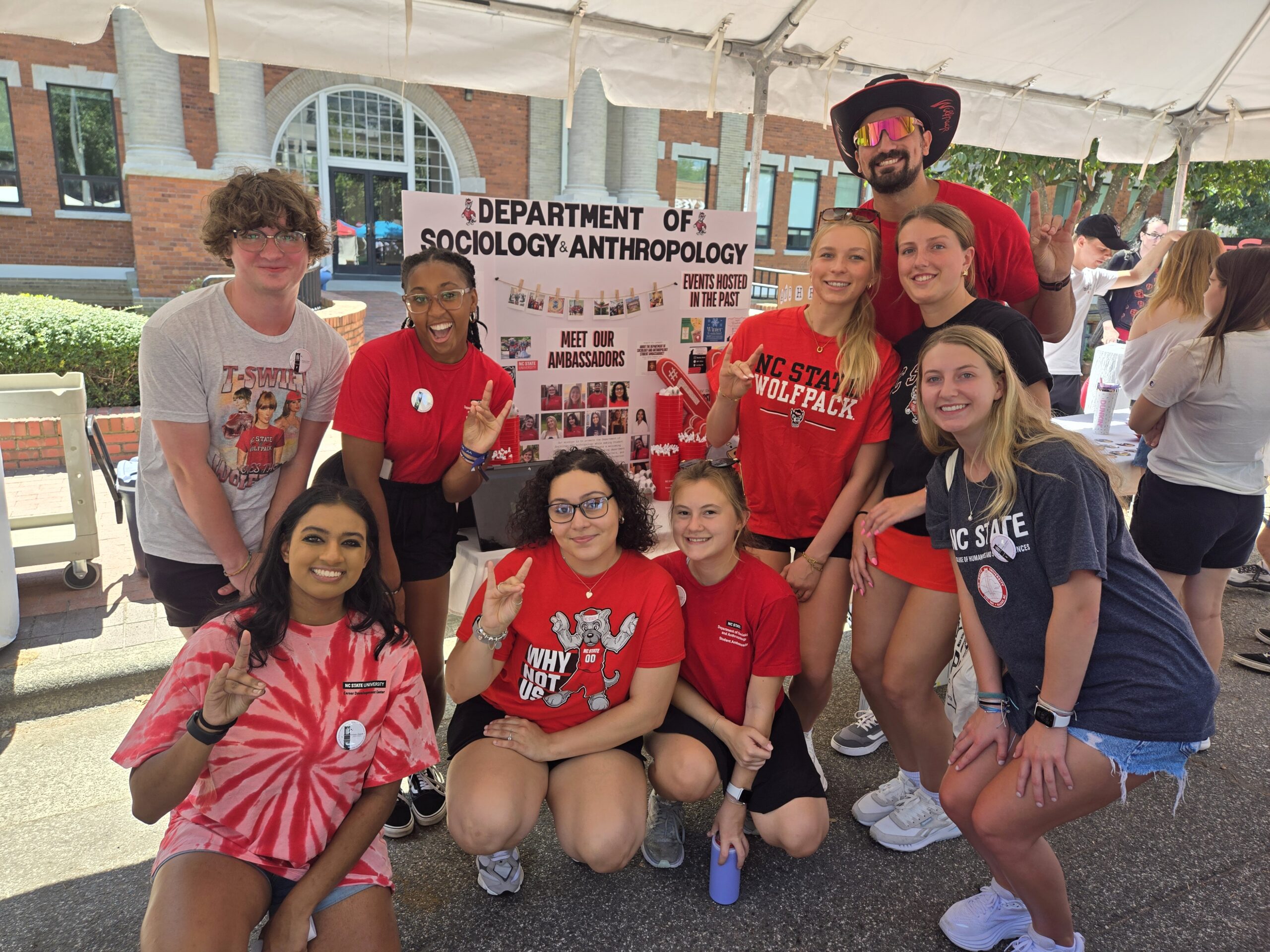Panel Discussion: Big Data in the Social Sciences


The Department of Sociology and Anthropology will be hosting a panel discussion entitled “Big Data in the Social Sciences” on Thursday, March 6th from 3:30 PM – 5:00 PM. Dr. Steve McDonald will preside over the panel, which will include Drs. Ryan Light from the University of Oregon, Christopher A. Bail from UNC-Chapel Hill, and A.J. Faas from NC State University.
The panel comes at a time when both NC State University and the broader research community are engaging with more diverse opportunities for collecting and analyzing Big Data, which Dr. McDonald defines as “data collected or available via the Web and mobile devices.” The University’s most recent initiative taking advantage of Big Data involves the Laboratory for Analytical Science (LAS) on Centennial Campus, which has partnered with the National Security Agency (NSA) in a $60 million research grant to “promote new advances in the science of analysis,” according to a press release from the University.
“I’ve been tangentially connected to some of those discussions,” he says of the LAS-NSA partnership. “And often I’m the only social scientist in the room. Relatively few social scientists are working with Big Data and many aren’t clear about what Big Data means. Physical scientists and mathematicians are often unsure about what we do with Big Data in the social sciences. The perception is that our only connection to Big Data is that we’re interested in the implications of people analyzing these data. We do so much more than just that. We actually analyze Big Data, too. We use it to analyze digital traces of social interaction.”
According to Dr. McDonald, there are a variety of ways that social scientists can engage Big Data because there are a variety of ways to think about relationships and how people are connected. Some research has collected information on Facebook, looking at the interests and characteristics of the individuals within a network in order to learn what those online friendships are like in terms of “patterns of homophily” or similarity of interests with others in the network. Collecting and analyzing Big Data helped those researchers see how the relationships and friendships that we have relate to our interests. Other research has looked at how science is structured through relationships in research communities based on who is citing whom. In a similar fashion to the research done by Dr. Bail, social scientists can take texts and run the texts through algorithms to identify patterns in how people talk and think about issues. Each of the speakers on the panel has a research program that utilizes Big Data to analyze social processes in what is known as computational social science. Dr. Ryan Light’s research focuses on cultural sociology, social inequality, and social network analysis. Dr. Christopher A. Bail’s research analyzes large groups of texts from newspapers, television, public opinion surveys, and social media sites such as Twitter and Facebook. Dr. A.J. Faas’s research focuses on social networks in the context of forced displacement and resettlement, and utilizes data management and analysis.
Dr. McDonald says that the panel discussion will serve social scientists by giving them an opportunity to learn about what Big Data is and offering creative and interesting ideas for how they can utilize these new sources of data to answer questions. He also hopes that physical scientists from Centennial Campus will gain a better understanding of what social scientists are doing with big data. “Really,” he says, “there’s a broader conversation that needs to happen about Big Data in general and the role of science in Big Data. What is Big Data? What can it tell us? How do we interface it? And what are the broader implications for ontology and epistemology, for scientific knowledge?”
The panel discussion will conclude with a reception in Caldwell Lounge from 5:00 PM – 6:00 PM. For more details on the event, contact Dr. McDonald at steve_mcdonald@ncsu.edu.
- Categories:


